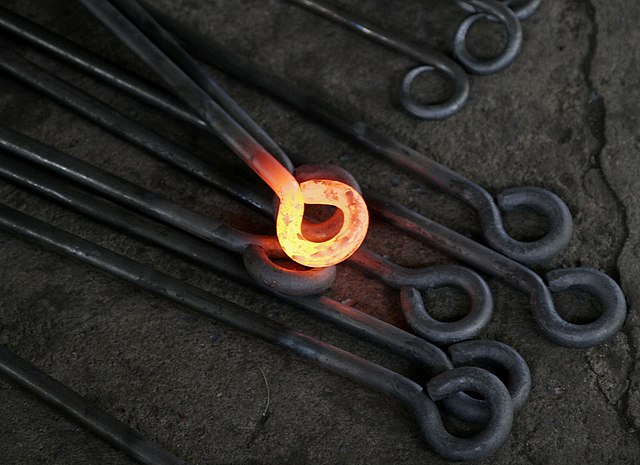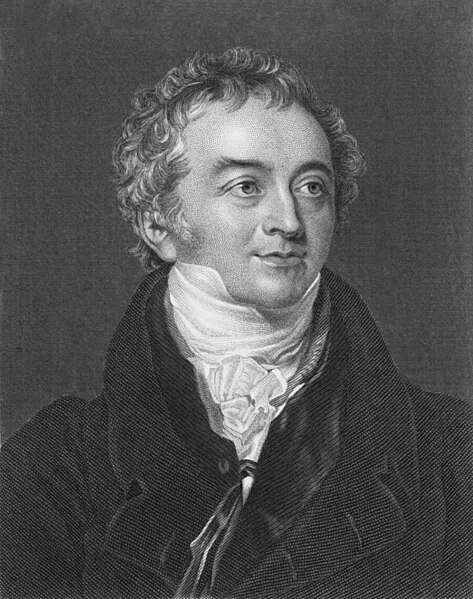The calorie is a unit of energy that originated from the caloric theory of heat. The large calorie, food calorie, dietary calorie, or kilogram calorie is defined as the amount of heat needed to raise the temperature of one liter of water by one degree Celsius. The small calorie or gram calorie is defined as the amount of heat needed to cause the same increase in one milliliter of water. Thus, 1 large calorie is equal to 1000 small calories.
A 710-millilitre (24 US fl oz) energy drink with 330 large calories
In physics, energy is the quantitative property that is transferred to a body or to a physical system, recognizable in the performance of work and in the form of heat and light. Energy is a conserved quantity—the law of conservation of energy states that energy can be converted in form, but not created or destroyed. The unit of measurement for energy in the International System of Units (SI) is the joule (J).
A plasma globe, using electrical energy to create plasma, light, heat, movement and a faint sound
In a typical lightning strike, 500 megajoules of electric potential energy is converted into the same amount of energy in other forms, mostly light energy, sound energy and thermal energy.
Thermal energy is energy of microscopic constituents of matter, which may include both kinetic and potential energy.
Thomas Young, the first person to use the term "energy" in the modern sense





